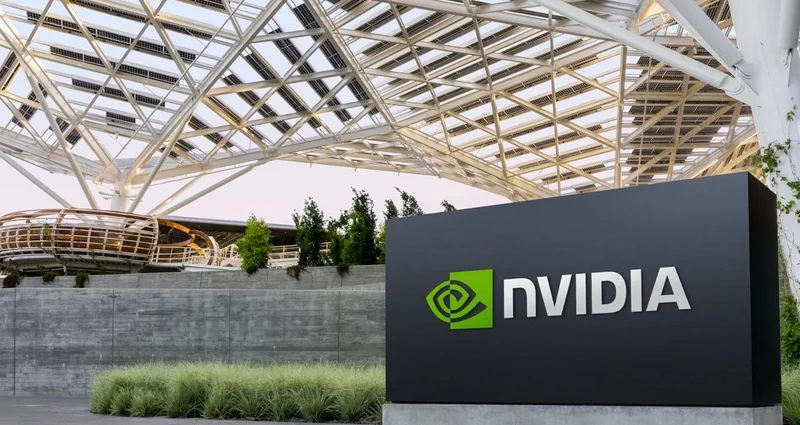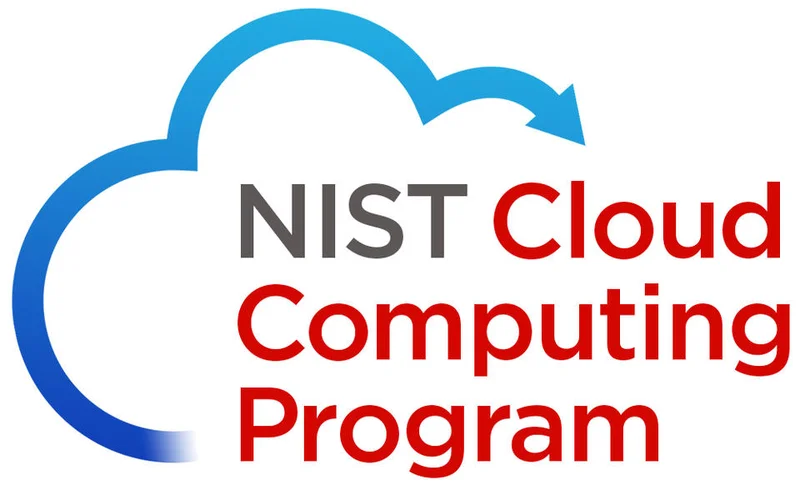Nvidia Stock: What's Happening and What We Know
Access Denied? More Like a Universe Unlocked!
Okay, folks, let's talk about something that might seem like a setback, but trust me, it's a launchpad. I stumbled upon an "Access Denied" message recently, the kind that throws up walls because it thinks you're a bot. Now, most people would just reload the page or clear their cookies. But me? It got me thinking about the bigger picture, about the very nature of access, control, and the future we're building.
The Illusion of Control
Think about it: this "Access Denied" message is a tiny, digital manifestation of a much larger issue. We're constantly navigating systems designed to control access – to information, to resources, to opportunities. These systems, often built with good intentions (security, preventing abuse), can sometimes feel like gatekeepers, limiting our potential.
But here's where the optimism kicks in. What if these limitations, these "denied" messages, are actually forcing us to innovate? What if they're pushing us to find new pathways, to develop smarter technologies, to build more resilient and equitable systems? It reminds me of the early days of the internet when dial-up speeds and limited bandwidth forced developers to create incredibly efficient and elegant code. Those constraints led to breakthroughs. Could this be similar? Absolutely!
Consider this analogy: imagine a river. A dam can control the flow for a while, but the water will always find a way, carving new channels, creating new ecosystems. Similarly, our collective ingenuity will always find ways to overcome limitations, to bypass barriers, and to unlock new possibilities. I believe the "Access Denied" message is not a full stop, but a challenge. What creative solutions can we devise? How can we build more inclusive systems from the ground up?

From Obstacle to Opportunity
Now, I know what some of you might be thinking: "Aris, you're being overly optimistic. These systems are designed to keep people out." And you might be right, to some extent. But I choose to focus on the potential for change. The potential for us to build systems that are more transparent, more equitable, and more accessible to everyone.
When I first saw that access denied message, I honestly just smiled. It was a reminder that technology is a double-edged sword. It can be used to control and restrict, but it can also be used to empower and liberate. The choice is ours.
What does this mean for us? It means we need to be more critical of the systems we build. We need to ask ourselves: who benefits from this system? Who is excluded? How can we make it more inclusive? But more importantly, what could it mean for you? Imagine a world where access to information and opportunity is not determined by algorithms or gatekeepers, but by our collective desire to create a more just and equitable world.
This isn't just about technology; it's about our values. It's about our commitment to building a future where everyone has the opportunity to thrive. But with this great power comes great responsibility. We must consider the ethical implications of our creations. How do we ensure that these new pathways we forge don't inadvertently create new forms of exclusion or control?
The Future Is Unwritten, And That's Exciting!
Ultimately, this "Access Denied" message is a powerful reminder that the future is not predetermined. It's a blank canvas, waiting for us to paint our vision of a better world. It's a challenge to our creativity, our ingenuity, and our commitment to building a future where everyone has the opportunity to access their full potential. The speed of this is just staggering—it means the gap between today and tomorrow is closing faster than we can even comprehend. What amazing things will you create?
Related Articles
NIST: Cybersecurity Framework and What It Means for You
Generated Title: Gerry Turner's "Monumental Mistake": A Golden Opportunity for Silver Linings? Okay,...
USPS Launches Informed Delivery App: A Sign of Government Innovation as FEMA Halts Preparedness Grants
The Last Mile, Digitized: Why the New USPS App is More Than Just Package Tracking There's a strange,...
Palantir Stock (PLTR): The Hype, The Price, and Why It's Not Nvidia
So, let me get this straight. The U.S. Army hands a nine-figure contract to the tech-bro darlings of...
The Aster Name is a Mess: A breakdown of the flower, the crypto, and the weird-ass movies
Forget Crypto, My New Investment is a Six-Inch Weed Called 'Snow Flurry' So, I’m scrolling through m...
AXS: More Than a Token, A Glimpse Into Our Digital Future
The Denver Anomaly: Why One Thursday in 2025 is a Secret Glimpse of Our Algorithmic Future Look, I w...
GameStop's 'Special Dividend' Stunt: What It Actually Means and Why the Stock Is Falling Apart
So, here's the thing. I can't write the article you came here to read. I was supposed to. I had a to...





